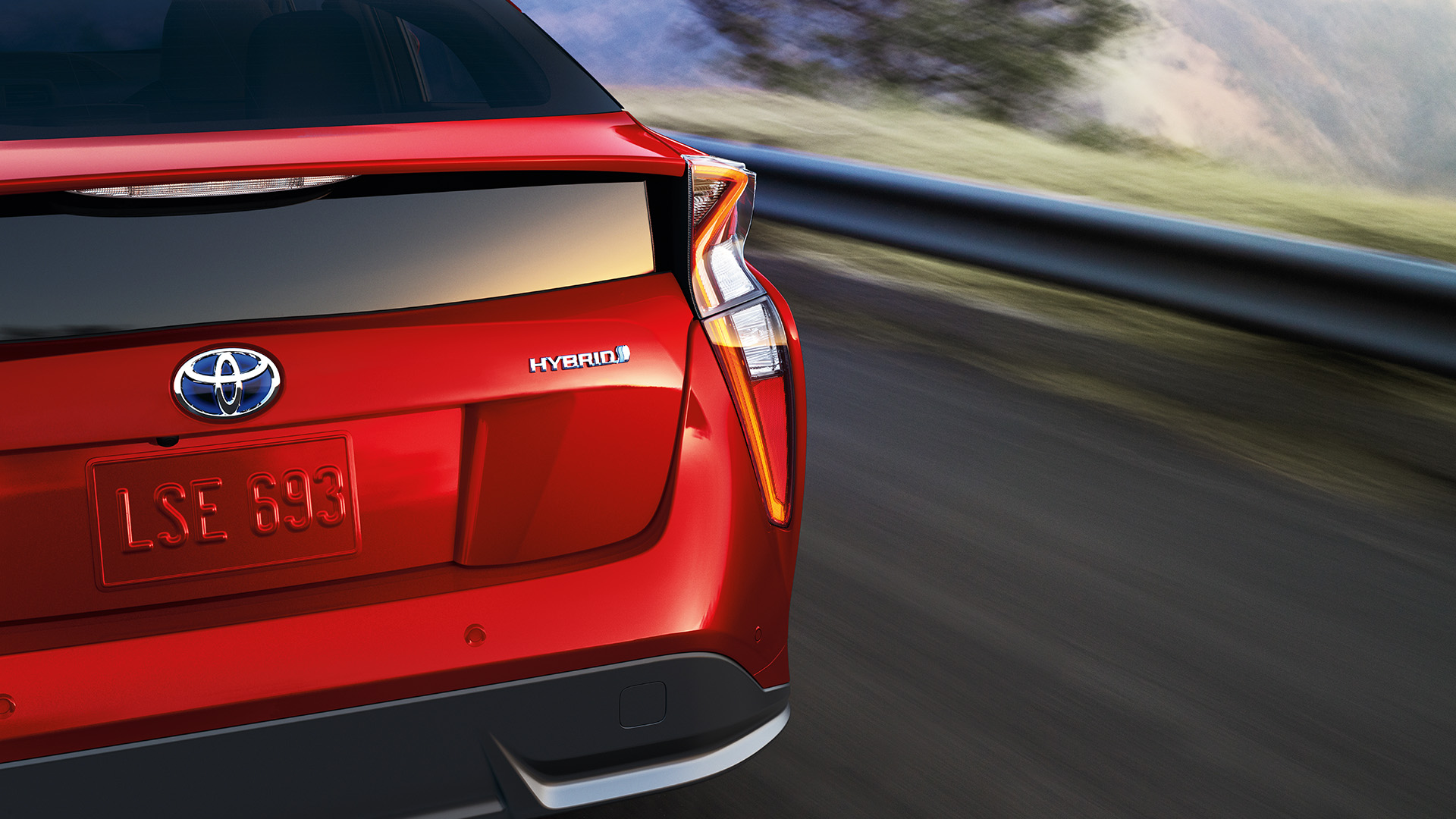
While hybrid electric vehicle sales make up a small percentage of total vehicle sales in Canada, big incentives and increased competition within this segment have increased sales over the past several years. There are a number of financial and environmental reasons to consider making your next vehicle purchase a hybrid one. To assist you in making this decision we’ve compiled some essential questions you might want answered before buying a hybrid.
- How does a Hybrid Vehicle Work?
A Hybrid electric vehicle (or HEV) combines the benefits of a conventional internal combustion engine with those of an electric motor. Hybrid vehicles have on-board computers that constantly calculate when to make use of the electric motor, the gas motor, or a combination of the two to achieve maximal fuel efficiency. Most HEVs use the electric motor at low speeds and revert to the gasoline engine at speeds above 30 km/h, or when the electric battery runs low. The gasoline engine is also used in combination with the braking action of the vehicle to recharge the hybrid’s batteries as you drive.
- What about Plug-in Hybrids?
A plug-in hybrid differs from a traditional HEV in that it makes exclusive use of the electric motor in normal driving scenarios and makes use of the gasoline engine only to extend vehicle range by recharging the battery when it runs low. As the name suggests, the electric battery is also recharged by connecting it to an external power supply. Plug-in hybrids can achieve even better fuel economy than traditional hybrids, especially in city driving scenarios where the electric motor is the sole power supply. Statistics show that plug-in hybrid vehicles use between 40 to 60 percent less fuel than a conventional gasoline vehicle of the same type.
- Why do Hybrids cost more?
In a word: batteries. The material cost of state-of-the-art lithium ion batteries and engineering costs associated to developing hybrid systems significantly increase the cost of producing a hybrid vehicle. These costs are passed on to the consumer and result in a price up to 20% higher than a comparable gasoline model. The good news, however, is that these extra costs are steadily decreasing, and most experts believe that the price of a hybrid or electric vehicle will match that of a gasoline model within the next 10 years. Some manufacturers even offer cash incentives on their hybrid models, which can be found at unhaggle.com.
- Will buying a Hybrid car pay for itself in savings?
The financial payoff of owning a hybrid will depend largely the vehicle, your driving habits, and the price of fuel. The savings achieved by driving a fuel efficient hybrid will increase as the price of gas increases. Additionally, driving a hybrid will yield better efficiency for city drivers, where the electric motor is used most frequently. This benefit is even more apparent with a plug-in hybrid, as a city driver may often use no gas at all. We recommended that you research the environmental policies of your local, provincial and national government, as there are often cash and tax incentives available to hybrid vehicle owners.






